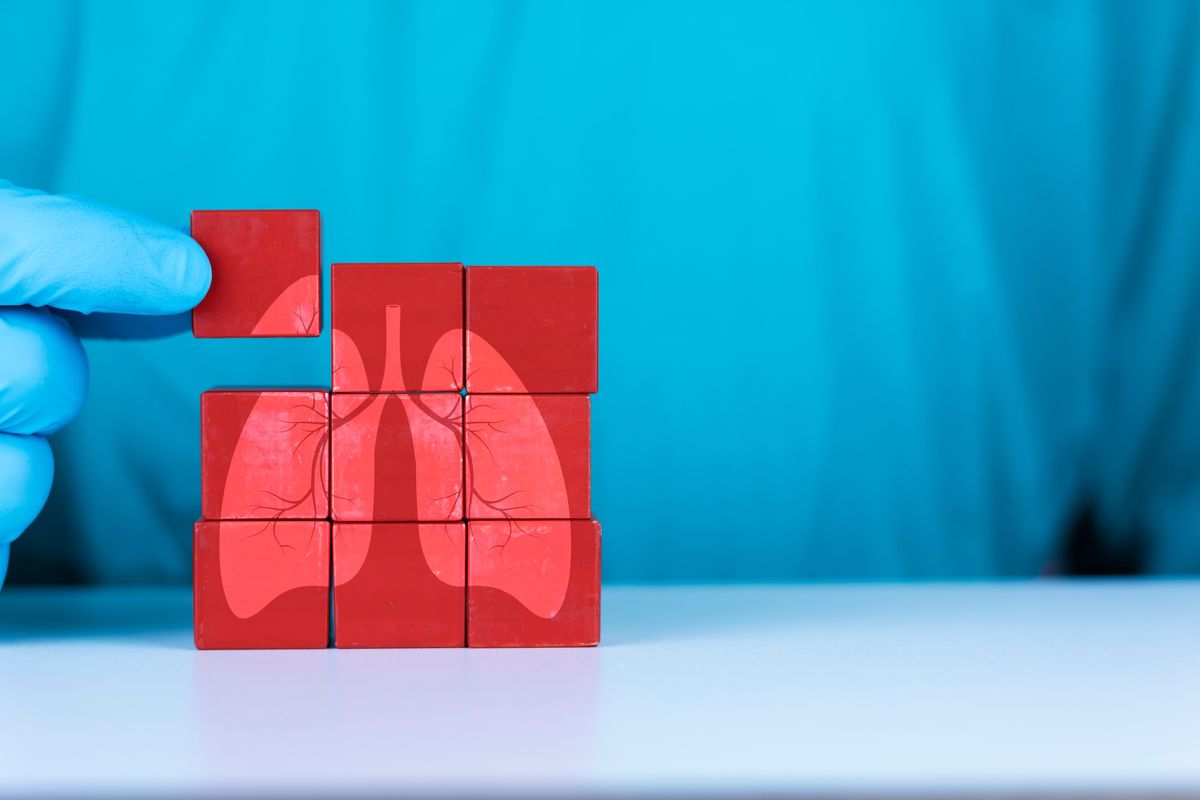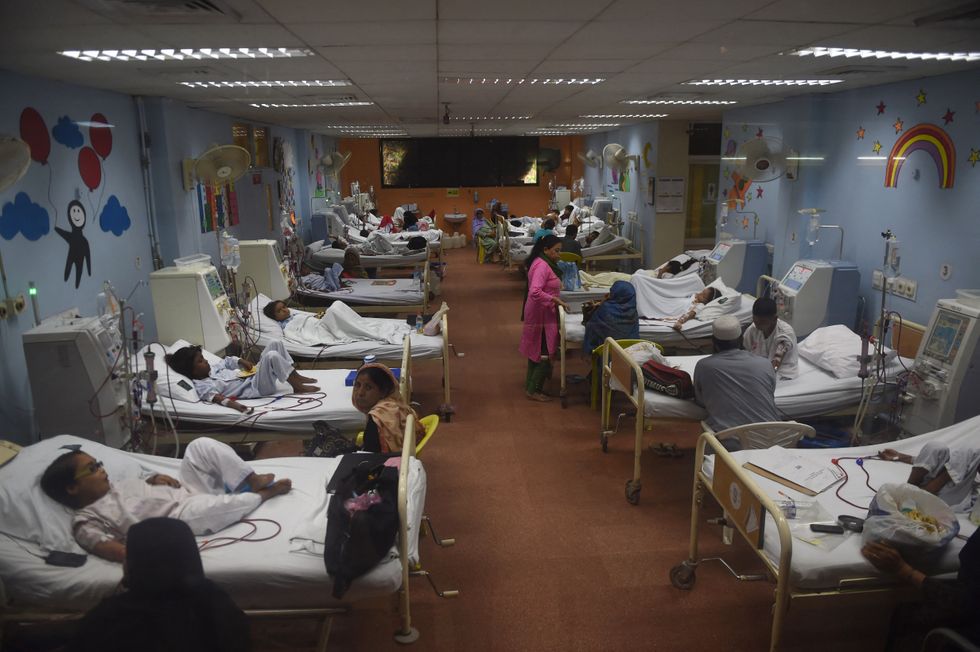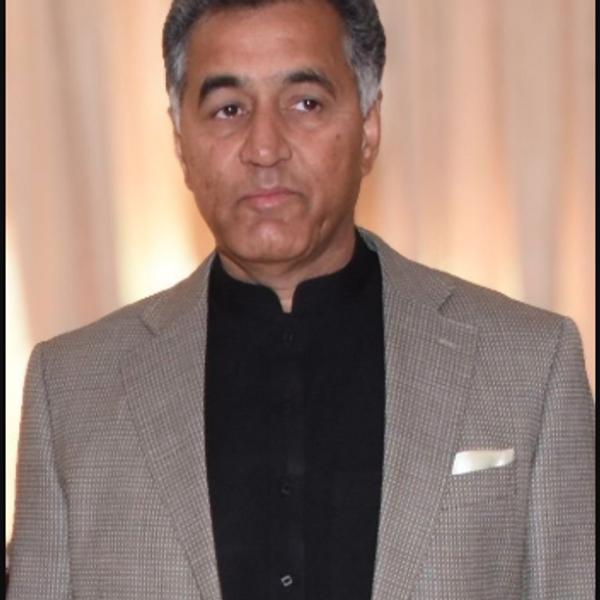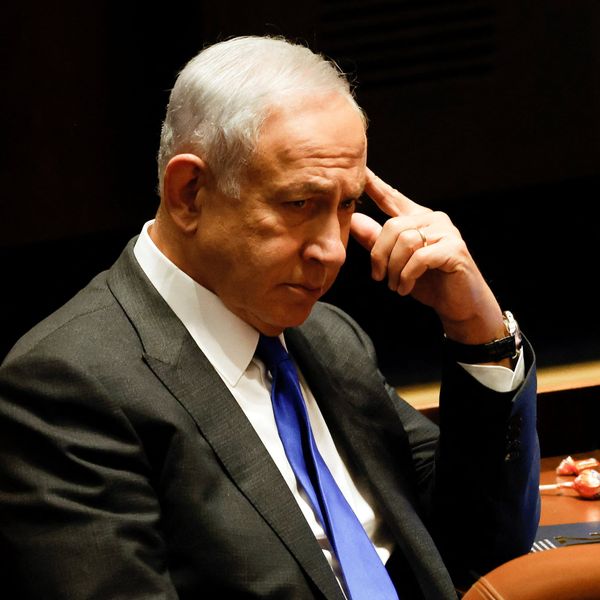Why does organ donation remain a taboo in Pakistan
PM Shehbaz's organ donation initiative marks progress, but Pakistan still faces major hurdles in achieving widespread success

Zain Ul Abideen
Senior Producer
Zain Ul Abideen is an experienced digital journalist with over 12 years in the media industry, having held key editorial positions at top news organizations in Pakistan.

In this photograph taken on August 3, 2016, Pakistani patients receive kidney dialysis treatment at the Sindh Institute of Urology and Transplantation (SIUT) in Karachi.
Image from Shutterstock
Initiative features a special logo on National Identity Cards for voluntary organ donors
Premier describes organ donation as a 'profound act of kindness'
Pakistan’s Prime Minister Shehbaz Sharif announced the launch of a national initiative aimed at promoting organ donation.
The initiative was revealed in connection with International Identity Day, highlighting the government's push to tackle the country’s severe organ shortage. It features a special logo for voluntary organ donors on National Identity Cards.
He described organ donation as a "profound act of kindness" that can give a new lease on life to those in need, encouraging citizens to participate in the initiative.
Despite the enthusiasm for the new program, Pakistan's organ donation landscape remains fraught with difficulties. The country, with over 240 million people, is marked by critically low donation rates, persistent regulatory challenges, and widespread illegal organ trafficking.
Dire situation
Pakistan’s growing population has seen a rising demand for organ transplants, particularly for kidneys and livers, driven by the prevalence of conditions like diabetes, hypertension, and liver diseases. These health issues have pushed the need for transplants higher each year. Yet, the availability of legally donated organs is still woefully inadequate, exacerbating the suffering of thousands of patients who need life-saving procedures.
According to estimates, thousands of Pakistanis require organ transplants annually, but only a small fraction of that demand is met through legal channels.
A study published by the U.S.-based National Library of Medicine revealed that over 50,000 Pakistanis die annually from end-stage organ failure, with approximately 15,000–18,000 deaths attributed to kidney failure and around 10,000 to liver failure. The National Center for Health Statistics labels organ failure as one of the leading causes of death in the country.
Challenges
While recent legislative efforts and awareness campaigns have sought to promote organ donation, Pakistan faces several deeply rooted challenges. Knowledge of organ donation is relatively low, with studies suggesting that only about 60% of Pakistanis are familiar with the concept. Additionally, cultural, religious, and socioeconomic factors pose significant barriers.
A widespread belief among Muslims in Pakistan that the human body should not be harmed after death has hindered the growth of deceased organ donation programs. Many consider such acts unholy, despite Islamic scholars globally, and in Pakistan, issuing religious rulings permitting organ donation.
The Islamic Jurisprudence Assembly Council in Saudi Arabia, for example, issued a landmark fatwa in 1988 allowing deceased organ donations. Pakistan passed a similar law in 2007, which allows individuals over the age of 18 to register as organ donors. However, uptake has remained low due to religious and cultural resistance.

In Pakistan, deceased organ donation programs face additional structural and healthcare challenges. The country's medical infrastructure is poorly equipped for the development of deceased donor programs. Hospitals often lack neurosurgery, emergency care, trauma services, and intensive care units, all critical for managing deceased organ transplants. Only a handful of hospitals across the country offer specialized transplant services.
The lack of trained medical professionals, organ procurement and storage facilities, and efficient emergency transportation further hampers the development of a functional deceased donor program.
Cultural and religious obstacles
Cultural values, particularly the importance of family in Pakistani society, also play a significant role in organ donation. Many patients rely on close relatives, especially first-degree family members, to act as living donors. This has further stymied the growth of deceased organ donation, as living donations remain a more socially acceptable option. Pakistan, like many other Muslim-majority countries, continues to struggle with the acceptance of brain death as a criterion for organ donation.
A resolution passed by the International Islamic Jurists Council in 1986 equated brain death with cardiac death, but there remains confusion and apprehension about the concept, particularly among religious scholars in Pakistan. As a result, brain death remains a controversial and unclear topic, impeding the expansion of deceased organ donation programs.
Efforts toward improvement
Despite these challenges, Pakistan has made some progress in establishing living donor programs. Hospitals like Pir Abdul Qadir Shah Jeelani Institute of Medical Sciences in Gambat, Sheikh Zayed Hospital in Lahore, and Quaid-e-Azam International Hospital in Rawalpindi have begun to offer living donor transplant services. While these institutions are leading the way in promoting organ donation, the majority of Pakistan’s hospitals remain unequipped to handle the complexities of organ transplantation, particularly when it comes to deceased donors.
To establish a successful national deceased donor program, experts believe several critical steps must be taken. First, investment in healthcare infrastructure is essential. Hospitals need better facilities for neurosurgery, trauma care, and intensive care to support organ procurement and transplant procedures. Additionally, a national organ transplant registry would provide valuable data on disease prevalence, patient demographics, and outcomes, helping to improve transplant services.
Public education campaigns and religious outreach are also crucial to changing attitudes toward organ donation. Local religious leaders, healthcare professionals, and social activists must work together to educate the public on the importance of organ donation, particularly in the context of Islamic teachings.
A step in the right direction
Shehbaz government's initiative is a step in the right direction. By introducing the voluntary organ donor logo on National Identity Cards, the government hopes to inspire more people to donate organs and reduce the country’s reliance on illegal transplant tourism and living donors.
However, for the program to succeed, significant changes are required. The healthcare system must be reformed, legislation must be strengthened, and public attitudes need to shift toward greater acceptance of deceased organ donation.
Religious scholars, government officials, and social media influencers all have a role to play in shaping public opinion.
Without these changes, Pakistan will continue to face a critical shortage of available organs, leaving tens of thousands of patients without the life-saving transplants they need.







Comments
See what people are discussing